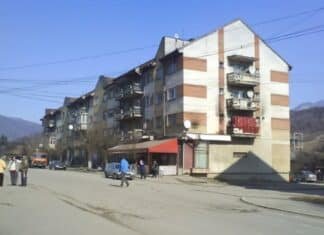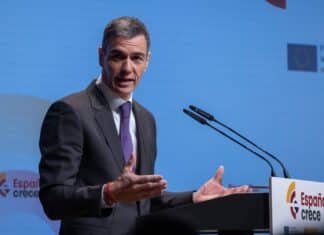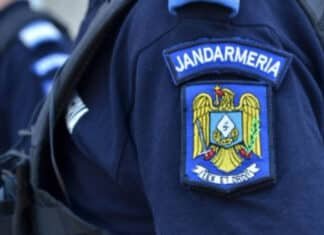In the recent local elections held in Zalău, Florin Florian emerged victorious, securing 41.35% of the votes, which translates to 10,767 votes. This outcome guarantees him the role of mayor for the upcoming term. Close behind was independent candidate Teodor Bălăjel, who garnered 35.38% of the votes, amounting to 9,207 votes. The third place was claimed by another independent, Cristian Lațcău, who received 11.88% of the total votes cast.
Out of a total of 55,263 registered voters in the area, 26,244 individuals participated in the election, resulting in 26,021 valid votes. The elections proceeded following the resignation of former mayor Ionel Ciunt, who stepped down from his post after being elected as a parliament member. This shift in local leadership has drawn significant attention, reflecting changes in the political landscape of the region.
Florin Florian’s victory comes at a pivotal time for Zalău, as he prepares to face various challenges and opportunities that lie ahead. His campaign focused on addressing community needs and promoting sustainable development. The support he received from the electorate suggests a strong desire for change and a commitment to advancing local initiatives.
Teodor Bălăjel’s performance as a runner-up indicates a close race, demonstrating that there is considerable support for alternatives outside of major political parties. His second-place finish, with over 9,200 votes, signals a viable independent presence in the local political scene. Many constituents appear to appreciate his approach and vision for the community, which may hint at future political aspirations beyond this election.
Meanwhile, Cristian Lațcău’s 11.88% share of the votes indicates an emerging interest in independent candidates among Zalău’s voters. His platform resonated with a segment of the electorate, suggesting that the desire for diversity in political representation is becoming increasingly pronounced. This trend could bode well for future independent candidates looking to make an impact in regional and local elections.
The voter turnout of approximately 47% could reflect a mix of engagement and voter sentiment. While the numbers show a significant portion of the electorate participated, they also express that nearly half of the voters chose not to cast their ballots. Factors influencing this decision might range from voter apathy to satisfaction with the status quo or a feeling of disenfranchisement.
This election marks a crucial turning point for the local governance of Zalău. As Florin Florian steps into his role as mayor, his upcoming decisions will likely be closely monitored by constituents who expect progress and transparency. The challenges ahead will require effective communication and responsiveness to the community’s needs.
Additionally, ongoing political dynamics in the region may influence future elections, including potential shifts in party allegiances or the emergence of new independent candidates. The results from Zalău may serve as a bellwether for trends in local governance across Romania, particularly as voters increasingly seek leaders who reflect their values and priorities.
As the new mayor takes office, all eyes will be on Florin Florian and his administration to see how they will navigate the complexities of local governance and fulfill the promises made during the campaign. The upcoming term holds significant potential for transformative initiatives that could reshape the community for years to come.






